
Shockwaves in the Middle East: Iranian General and Hezbollah Leader Killed in Israeli Strikes
2024-09-28
Introduction
In a dramatic escalation of hostilities, Israeli forces reportedly killed Iranian Brigadier General Abbas Nilforoushan, a high-ranking member of Iran's Islamic Revolutionary Guard Corps (IRGC), during a bombardment in Beirut, Lebanon, as confirmed by Iranian media on Saturday. This attack is part of Israel's broader strategy to dismantle Iran's influential Mideast proxy network.
Details of the Attack
While the Israel Defense Forces (IDF) have yet to officially confirm Nilforoushan's death, it follows an alarming pattern of violence in the region. Israeli military sources indicated that the leader of Hezbollah, Hassan Nasrallah, was also killed in the assaults. His death marks a significant blow to the militant group, which has effectively become a parallel power in Lebanon since he took over in 1992, amassing a formidable arsenal of weapons with IRGC support.
Impact of Nasrallah's Death
Nasrallah was not only a military leader but also a charismatic figure with a dedicated following, often delivering powerful speeches that resonated with many in the Muslim world. His leadership helped to establish Hezbollah as a major force within the framework of what is known as the "Axis of Resistance," a coalition of groups aligned against Israel.
Iran's Response
In response to these developments, Iranian Supreme Leader Ayatollah Ali Khamenei took to social media, asserting solidarity with Hezbollah and condemning Israel's strikes as "shortsighted and insane." He is rallying support for the group and framing the conflict as a broader struggle against Israeli aggression.
Ongoing Tensions
The backdrop to this violence involves ongoing tensions between Hezbollah and Israel, sparked by electronic device attacks on Hezbollah last week that resulted in numerous casualties. This followed months of intermittent clashes tied to Israel's ongoing conflict with Hamas, a key ally of Hezbollah.
Calls for Retaliation
Iranian President Masoud Pezeshkian has vowed retaliation against the attacks, which he terms a "mass assassination," further inflaming tensions. He emphasized that divine justice awaits those responsible for the deaths and assaults.
Potential Consequences
Military analysts suggest Iran’s options for retaliation may be constrained. While direct military action against Israel could lead to a substantial retaliation, doing nothing would risk losing grip over its proxy forces across the region. Experts warn that either option could spiral into a wider conflict, potentially engulfing neighboring countries and destabilizing the region further.
International Reactions
Amid this precarious situation, the international community is watching closely. There are concerns that escalating violence could trigger a regional war that extends well beyond the borders of Lebanon and Israel.
Conclusion
As this story continues to develop, the implications of these high-profile deaths and the potential for wider conflict loom heavily over the Middle East, with the specter of war becoming an unsettling reality. Stay tuned as we uncover more details about this unfolding crisis. Will Iran retaliate, or will cooler heads prevail? The world is holding its breath.


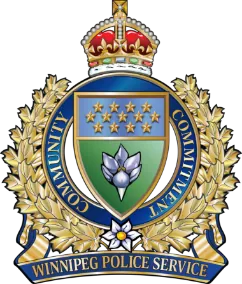
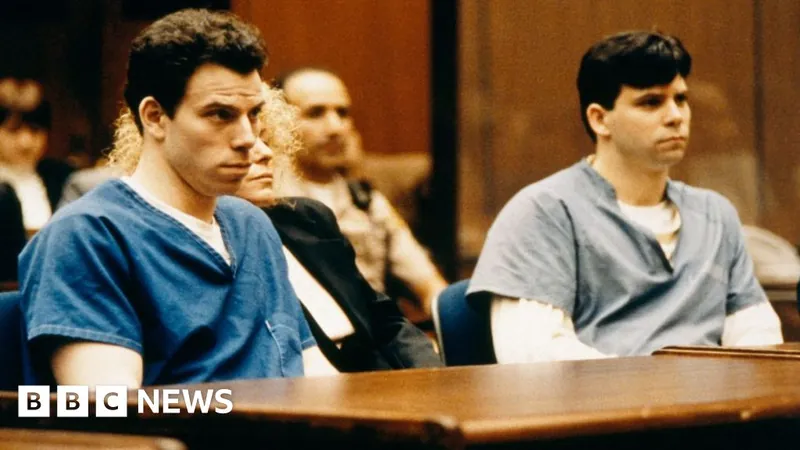
 Brasil (PT)
Brasil (PT)
 Canada (EN)
Canada (EN)
 Chile (ES)
Chile (ES)
 España (ES)
España (ES)
 France (FR)
France (FR)
 Hong Kong (EN)
Hong Kong (EN)
 Italia (IT)
Italia (IT)
 日本 (JA)
日本 (JA)
 Magyarország (HU)
Magyarország (HU)
 Norge (NO)
Norge (NO)
 Polska (PL)
Polska (PL)
 Schweiz (DE)
Schweiz (DE)
 Singapore (EN)
Singapore (EN)
 Sverige (SV)
Sverige (SV)
 Suomi (FI)
Suomi (FI)
 Türkiye (TR)
Türkiye (TR)